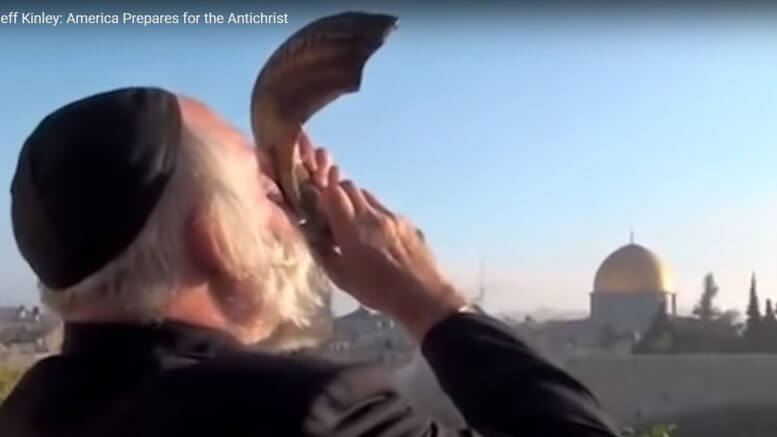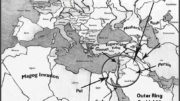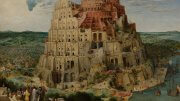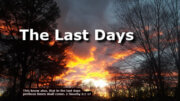Numbers gets its name from the two censuses taken of the Israelites while they wandered in the wilderness prior to entering the Promised Land. The Jewish name for the book in Hebrew is Bəmiḏbar, meaning simply “In the desert”.
This narrative of last 2/3 book describes the period of time that did not have to occur. Had Israel been faithful and trusted in the LORD as Joshua and Caleb had recommended, they would have gone in to possess Canaan. Instead, they were anxious and full of fear based on the discouraging report from 10 of the spies sent to explore the land. As a result, God imposed a tragic consequence on that faithless generation.
Numbers challenges us to put our trust in the LORD God Almighty—and to ignore the voices of doubt and despair that clamor for our attention.
Tim Moore: Welcome to Christ in Prophecy! I’m Tim Moore, the Senior Evangelist at Lamb & Lion Ministries. And I’m joined by my co-host, Nathan Jones, our Internet Evangelist. Last week we completed our review of Leviticus, focusing on God’s desire to dwell with His people, and the tension that existed as the Holy and the profane were in such close proximity.
Nathan Jones: We emphasized the role of the priest as a mediator and intercessor for the people. Only priests could enter the Holy place in the Tabernacle, and later the Temple, and only the High Priest could go into the Holy of Holies, and that only once a year.
Tim Moore: We’re going to turn our attention now to the book of Numbers and focus on God’s Holy Priesthood. This book once again picks up a flow of narrative, still around 3,500 years ago, call it 1420 BC. As the Children of Israel wandered in the wilderness, God ongoingly cared for them, meeting all their needs but also forgiving and loving them. And, early in the book He outlined the duties of the priests and all the Levite men who would serve Him foremost.





